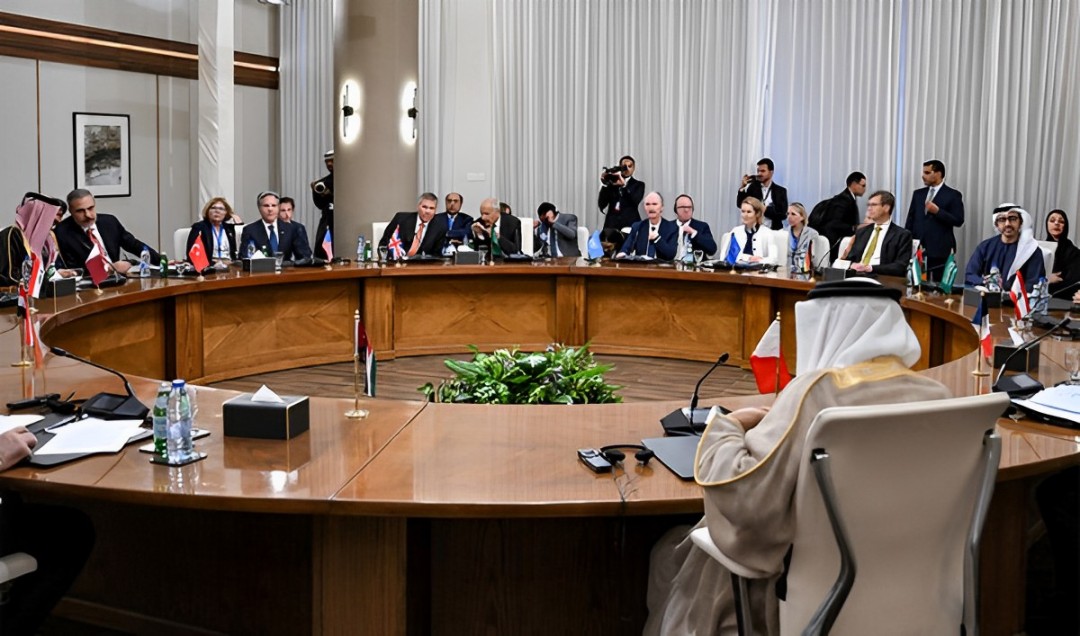The European Union will not lift sanctions on Syria until the country’s new rulers demonstrate progress in protecting minorities and women’s rights, according to the EU’s top diplomat, Kaja Kallas. She emphasized that any future relief would depend on the formation of a unified government that rejects religious extremism and upholds human rights.
At a meeting in Brussels on Monday, EU foreign ministers discussed Syria but decided against expanding financial support beyond the aid already provided through United Nations agencies. Kallas confirmed that the EU’s focus remains on assessing whether Syria’s leadership is moving in the right direction before considering any changes to the sanctions regime.
Kallas acknowledged the challenges of dealing with Syria, especially given the EU’s sanctions against the country and rebel groups like Hayat Tahrir al-Sham, which complicate international efforts. Despite these complexities, the EU remains the largest humanitarian donor to Syria, reflecting its continued commitment to addressing the country’s needs.
While discussing future aid, Kallas stressed that any additional support cannot be given unconditionally. The EU will need to ensure that its contributions align with efforts to build a stable, inclusive government in Syria. She added that a careful evaluation of the situation is necessary before committing further resources.
Kallas, who recently attended a conference in Jordan on Syria’s future, described the country’s situation as hopeful yet uncertain. Despite the positive signals from Syria’s interim leaders, she emphasized that actions, not just words, will determine the future. The EU is closely monitoring the treatment of women and minorities as a key indicator of the country’s progress.

